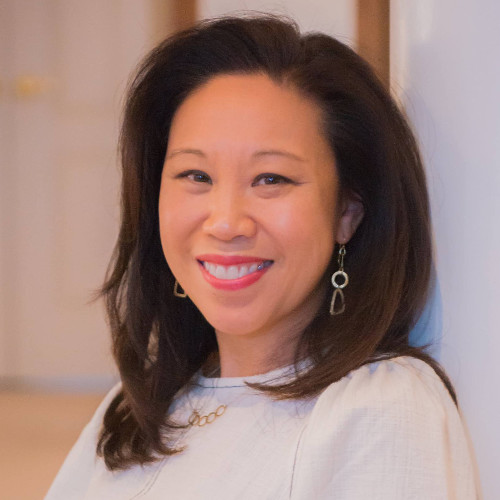The year is 2001. You’re working for a large company in Chicago. You have a bachelor’s degree in finance and just finished your MBA. You’re 28, a mid-level manager but working toward getting to the next level of seniority (always) so you can, in the next 20 years, reach a senior management position—ideally VP or even CFO. You’ll enjoy that top position for 10 years or so, then retire and move to Florida with your spouse and entertain the grandchildren when they come to visit. Your path for the next 40 years is clear.
Does this structured career path sound familiar?
For decades, career advancement and success has been correlated with a linear progression in one’s field. You earn a degree in the field you plan to work in. You start out with an entry-level position in that field. You work your way up the hierarchy, and after you get to the top, you retire; your work is done.
Well, it’s 2019, and that’s just not the route anymore.
Developing a Flexible Career Path
More and more people are entering the workforce without a long-term career plan, let alone a 5-year plan. The market has changed; workers shift roles frequently and often end up finding success in a field that they never planned to go into, and it’s usually a far reach from their original college degree.
In fact, in 2017, the Bureau of Labor Statistics released a statement that workers, on average, have changed jobs 12 times in their working lifetime. This study was conducted on Baby Boomers at the end of their careers. For those still in the workforce, it’s certain that the number will be significantly higher by the time they retire (if they do).
The trend? The American workforce is more entrepreneurial, and Millennials are all about chasing their passions over paychecks. “Ultimately, Millennials are consumers of the workplace. They shop around for the jobs that best align with their needs and life goals,” reports the Harvard Business Review. And often, if they don’t find what they’re looking for in an existing company, they start their own.
So how do you build career momentum and measure career success when that path doesn’t have defined benchmarks?
Testing-and-Learning to Build Career Momentum
I’ve been fortunate to have interviewed several entrepreneurs and business leaders on the Strategic Momentum podcast who fall into this non-linear category. Some have started out with that 40-year plan but experienced events that changed their minds, and others have always intended to “try things out and see where it goes.”
What I ultimately learned from these individuals is that career progression isn’t about moving down a road, however windy it may be; it’s about transformation.
And much like transformation in business, career transformation is predicated on the notion of being agile; starting small, and testing-and-learning, and adjusting as you discover new information in every iteration. People with this mindset don’t see switching careers as a great risk. Rather, it’s a necessary move to see what they like and don’t like, an experiment to collect the data they need to make future career choices.
“[Growth] is something that isn’t linear. It needs to be something that’s a little bit more lateral.”
Deepak Shukla, CEO Pearl Lemon
“[Growth] is something that isn’t linear. It needs to be something that’s a little bit more lateral. Looking at what you can achieve sideways to then really take big leaps forward,” says Deepak Shukla, founder and CEO of the SEO agency Pearl Lemon. Deepak is in his early 30s and prior to starting his agency, he went from art school to tax consulting, to running his own recording studio, to starting tutoring company, and even training for the British Special Forces.
But he adds, “If you’re thinking about doing something that you’ve not yet done, go out and get the data. Read it in an aggressive fashion. Acquire all of the knowledge that you think is relevant to making that move and then go out and do it.”
Steve King, a former marketing executive who started Emergent Research, a research and consulting firm focused on the future of work, has noticed the growing trend of people taking the leap from corporate jobs to independent work. He, too, advises that people test-and-learn as they dip into this booming workforce: “It’s really good to start this part-time, as sort of a moonlight thing, to get a sense if whatever you’re offering, the market is willing to pay for.”
Fundamentally, career success in today’s workplace is much less about titles and income goals—it’s about fulfillment and pursuing your purpose. And when workers experiment constantly to find what makes them the happiest, supports their lifestyle, and gives meaning to their lives, they’ve won that success game.


